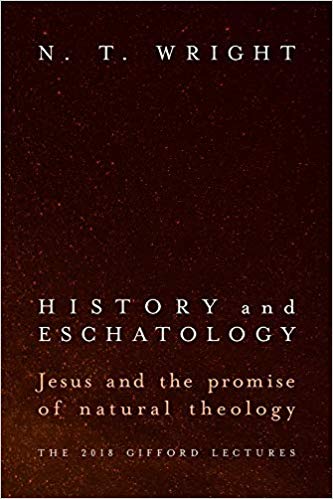BEN: One of the recurrent themes I picked up in this new book is the stress on God’s continued and constant involvement in his creation and in human history for that matter, especially in the history of His people, but with a very cautionary word about trying to read off ‘God’s will’ much less God’s judgments from natural disasters like the Lisbon earthquake. The Bible is surely no advocate of a Deistic or watchmaker deity that merely observes the world, or has wound it up and left it to its own devices, nor does the Bible operate with dualistic categories like natural vs. supernatural. How do we avoid these modern dualisms, but at the same time avoid what happened in Minneapolis a while back after the overpass bridge collapsed and killed lots of people, when a preacher came on the radio and said ‘yes we must mourn with those who mourn, but at the end of the day God decided to judge those people who were killed on that bridge’????
TOM: All statements about ‘why something happened’ ought at the very least to carry a ‘perhaps’ about with them – as Paul knew when writing to Philemon (‘perhaps this is why he was parted from you for a while . . . ‘). That doesn’t mean there isn’t a purpose somewhere in what’s happened, just that it is much harder to discern than we often imagine (though we are sometimes given insights, at least partial ones). The engagement of God with the world remains deeply mysterious, and we need constantly to remember that we can learn about it only by putting Jesus at the centre of the picture and working out, not by sketching a scheme for how it might work and then fitting Jesus into that, as is so often done. And when we put Jesus into that picture we see the Jesus who wept over Lazarus’s grave, and over Jerusalem, and who wept for his own fate in Gethsemane and finally cried out about being forsaken . . . anything that makes that seem an aberration is itself an aberration . . .













